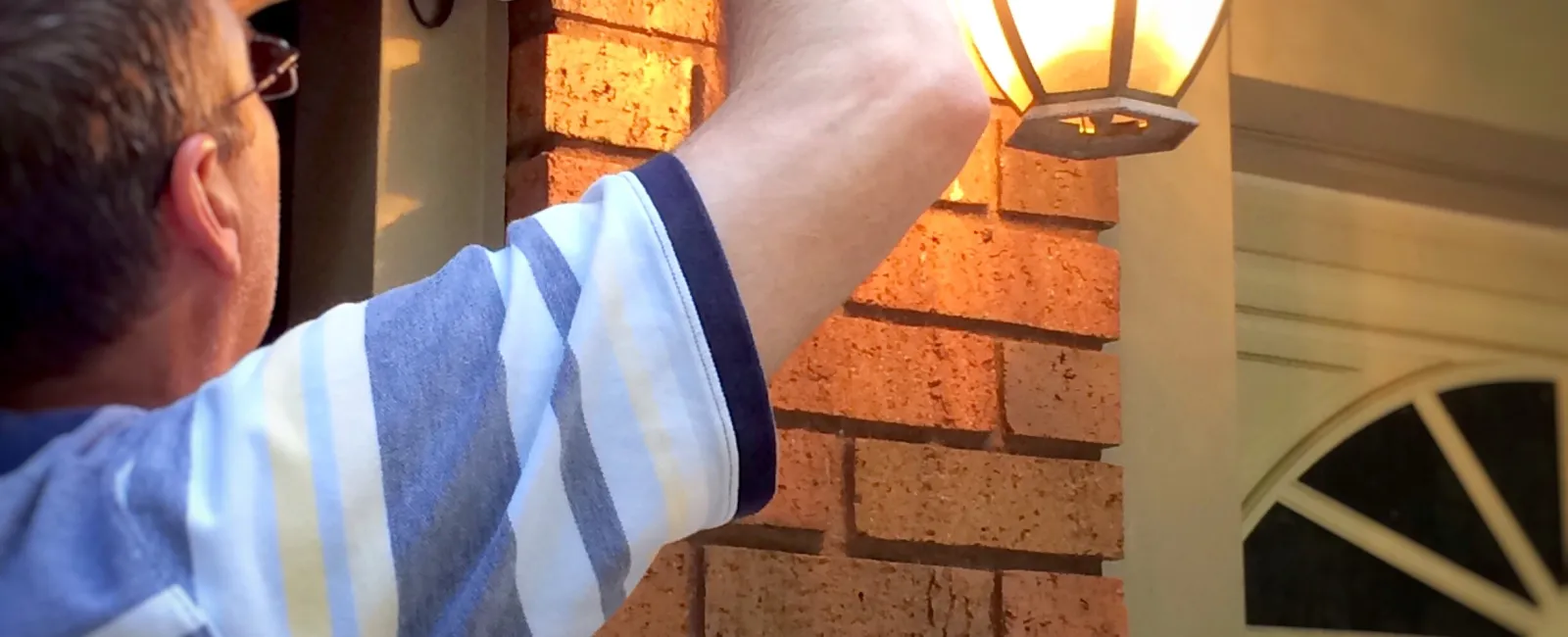Installing a security system is the first step in ensuring your home or business will be protected if an unforeseen event such as a break-in occurs. However, not all security systems are created equal. With so many options on the market, how can you be sure you're getting the best protection?
This blog will cover the two main categories of security systems: security sensors and security detectors. We'll also walk you through how to determine which system is best for you. Keep reading to find out:
- What are security sensors?
- What are security detectors?
- How to choose the best security system
At Ackerman Security, we offer short- and long-term solutions for renters, homeowners, and business owners. Contact us today to start protecting your home!
What are Security Sensors?
Security sensors are devices that alert you before an intruder has entered your home. There are several different types of security sensors, including:
- Contact sensors
- Glass break sensors
According to Security.org, most break-ins occur through a ground-floor window or the front or back door. Contact sensors are magnetic devices placed on doors or windows that trigger your security system's alarm when the door/window is opened.
Contact sensors are a great defense against break-ins through windows or doors, but they only work if windows and doors are kept locked when you're away. If an intruder enters through an unlocked back door, contact sensors won't trigger an alarm.
Additionally, to be maximally effective, contact sensors must be placed on every window and door that a potential intruder could access.
Like contact sensors, glass break sensors alert you if an intruder attempts to enter your home through a window or glass door. These sensors are triggered by either the sound (acoustic glass break sensors) or the vibration (shock glass break sensors) of glass breaking in your home.
Shock glass break sensors are placed directly on glass doors or windows, so you'll need several throughout your home; however, if strategically placed, one acoustic glass break sensor can be used to provide coverage for multiple windows/doors in your home.
While every home security system is subject to the occasional false alarm, loud noises can accidentally trigger a glass break sensor, even if no glass is broken.
What are Security Detectors?
Security detectors identify when intruders are inside your home. Security detectors work by detecting motion in your home through one of several different methods:
- Passive infrared (PIR) detectors sense motion by measuring the change in temperature of your home. If an intruder enters your home, their body heat will register with your PIR detector, triggering an alert. According to Safewise.com, PIR detectors are the most common type of motion sensor used in home security systems today.
- Radio wave (or radiofrequency) detectors track movement in your home by constantly sending out microwave pulses and measuring the distance they travel when reflecting back to the detector. If the distance the microwave pulse travels changes suddenly, it alerts the detector there is something new moving about the home.
- Dual technology detectors combine PIR and radio wave detector technology for the most accurate home security detection. Dual technology detectors tend to trigger fewer false alarms because they require movement detected through both the PIR and radio wave methods prior to triggering an alarm.
Security detectors work best if they are placed in high-traffic areas of your home, such as hallways. If you have pets at home, you will need to purchase a security detector that is able to filter out pet movement. For example, PIR detectors can be set to ignore pets up to a certain weight.
How to Choose the Best Security System
Now that you know the difference between security sensors and security detectors, how do you decide what will sufficiently protect your home or business? The correct answer is installing a combination of security sensors and security detectors will provide maximum protection for your home or business.
By using both security sensors and security detectors, you provide your home or business with an extra layer of defense. For example, suppose your first line of defense, the security sensor, fails because you left the door unlocked. In that case, your security detectors act as backup protection to trigger the alarm if an intruder enters. Conversely, if you turn off your security detectors when you are home or overnight, security sensors will still alert you if someone tries to force entry into your home.
At Ackerman Security, we specialize in peace of mind.
A home security system is meaningless unless there's a company you can trust behind it. Choose the security company over 200,000 Atlanta homeowners have placed their trust in—from our "No-Theft Guarantee" to our custom home surveillance packages- we manage the unforeseen, so you don't have to. Give us a call today to learn more!






